NEWS
REHDA urges govt to review charges, requirements to save cost
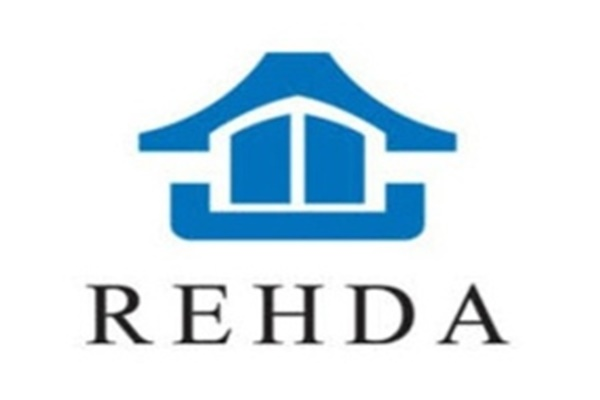
By Rosemarie Khoo Mohd Sani
KUALA LUMPUR, Sept 25 -- The Real Estate & Housing Developers' Association (REHDA) hopes the government will lower or abolish unnecessary charges and requirements imposed on developers to reduce the cost of doing business.
Its president Datuk Ir Soam Heng Choon said developers have been experiencing a significant increase in the cost of doing business, particularly in construction materials and consultancy services, which are between five to 10 per cent higher.
"By being able to reduce the cost of doing business, the savings can be passed on to house buyers in the form of more affordable housings," he told Bernama when sharing its wishlist for the upcoming Budget 2020.
The requirements that developers have to comply include land conversion premium, capital contribution charge (for infrastructure and utility) where some plots of land need to be surrendered for plants and machinery construction and stamp duty.
REHDA he said felt that private utility companies such as Syarikat Bekalan Air Selangor Sdn Bhd (Syabas), Indah Water Konsortium Sdn Bhd (IWK), Tenaga Nasional Bhd (TNB) and Telekom Malaysia Bhd (TM) should not be imposing capital contribution charges as developers are already required to lay infrastructure at their development projects on top of bringing in new customers to the utility companies.
"These utility companies should revise their own capital to be recovered via tariff based on consumption through federal funding from general taxation," said Soam.
He also said the 3.0 per cent of Gross Construction Cost (GCC) deposited into the Housing Development Account (HDA) for each phase of the project developments should be reduced to 1.0 per cent or allow the withdrawal based on the progress of the development, for example, 1.5 per cent upon approval and the remaining upon 50 per cent completion.
"The deposits have been adversely impacting the project cash flow of small, medium and bigger-sized developers alike, and the impact is felt more severely by bigger players as they undertake projects with bigger gross development value (GDV) and have many on-going projects at any particular time.
"We also urge state governments and local authorities to review some of their impositions and fees that are not adding value to development but only creating more red tapes and additional costs," he said.
On facilitating loan applications, Soam said REHDA had proposed that innovative financing packages with flexible criteria should be made available to help first-time house buyers.
The proposal for flexible repayment is to have longer loan repayment tenure with less payment at present and gradually increase later when borrowers’ income increased, and make monthly repayment during the initial five years as servicing interest.
"REHDA also hope that the Step-Up Financing scheme, previously announced in Budget 2018, to be further widened to the private sector’s affordable home offerings, as a way to bridge the affordability gap for first-time buyers, akin to what is accorded to 1Malaysia People's Housing Programme (PR1MA)," he said.
The scheme, among others, allows buyers to service the loan interest in instalments for the first five years and start paying the principal beginning the sixth year.
He said the government could also look into a special financing scheme similar to MyDeposit to assist first-time time house buyers but only for property priced RM300,000 and below.
“To complement the MyDeposit scheme, for a certain period of time, the government can give some forms of tax deduction to developers who assist their purchasers with 10 per cent deposit up front,” he said.
Recognising that payment of the deposit is one of the barriers on buying a house, REHDA suggested the disbursement of 10 per cent down payment from Employees' Provident Fund (EPF) to be channelled directly to the concerned developers without buyers forking it out from their pockets.
"We are also proposing that the percentage of contribution credited to EPF Account II to be increased from 30 per cent currently to 50 per cent,” said Soam.
Meanwhile, on Bumiputera quota policy, he said REHDA is hoping for a more practical and transparent guideline to ensure consistent implementation.
It also proposes the 30 per cent quota to be standardised across all states, and a discount rate at five per cent is given for housing and commercial properties.
REHDA also suggested the government form a Bumiputera trust fund to manage levy paid by developers and channel the collected money back to the people in the B40 group to help them purchase their houses.
Budget 2020 is scheduled for tabling on Oct 11, 2019.
-- BERNAMA
OTHER NEWS
Budget 2022: Impact on fixed income market almost negligible, says Manulife
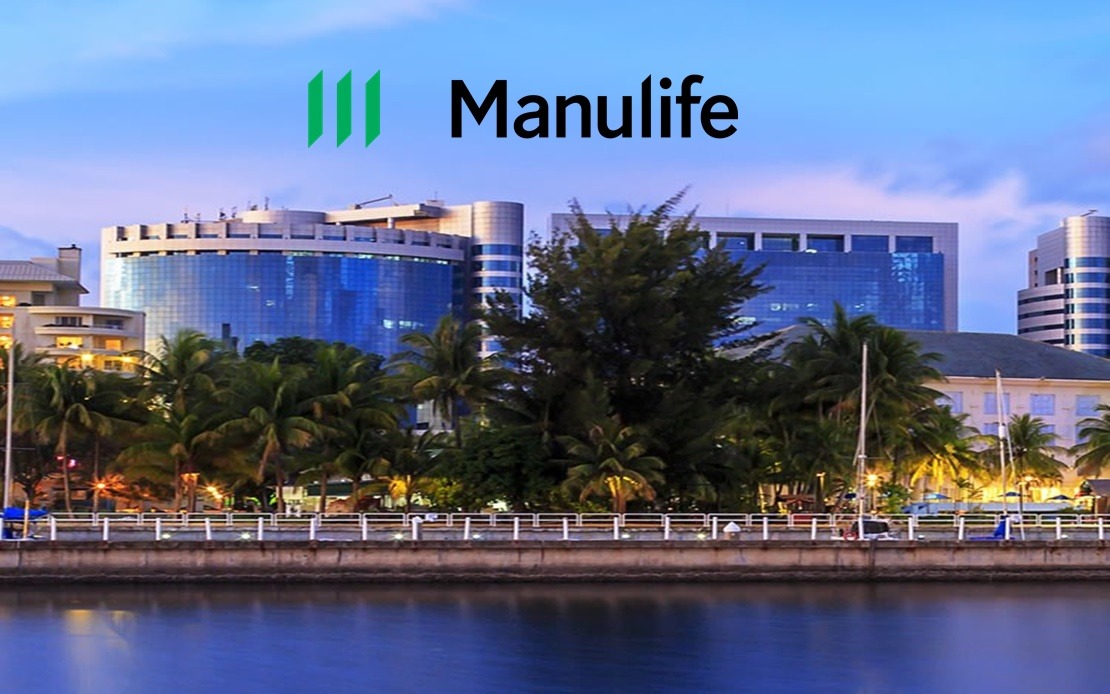
KUALA LUMPUR, Nov 12 -- The impact from Budget 2022 on the fixed income market is almost negligible, given that there were no major surprises in terms of the country’s debt financing requirement and fiscal position, said Manulife Investment Management (Manulife).
Govt needs to look for other ways to increase revenue beyond Budget 2022 taxes - Expert
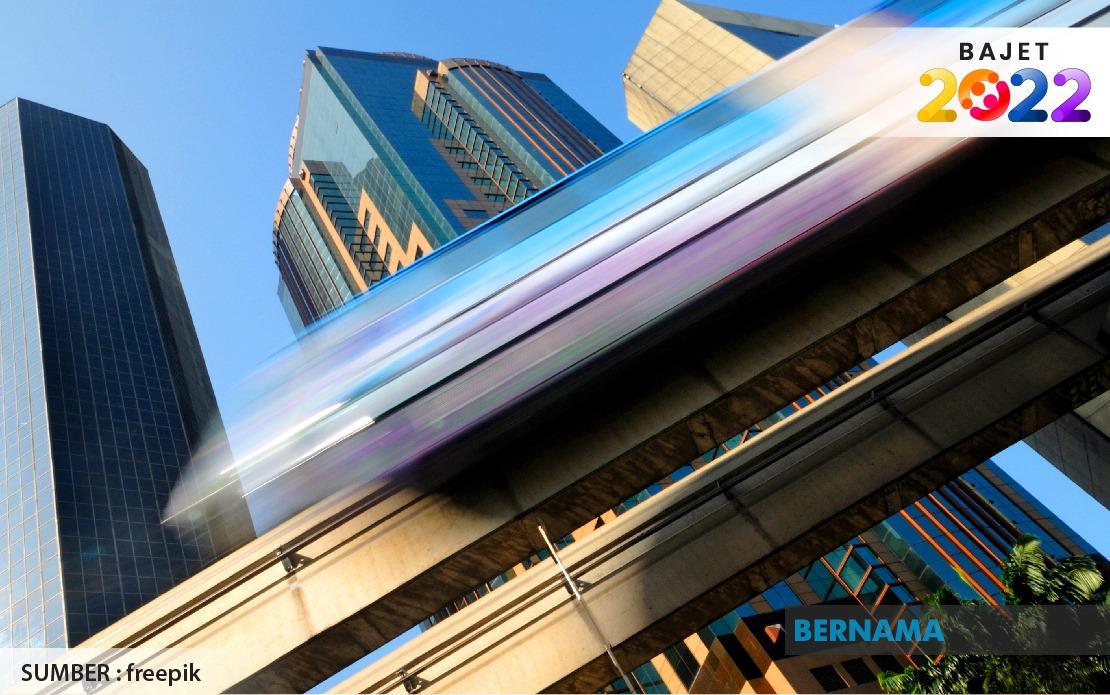
KUALA LUMPUR, Nov 11 -- Budget 2022 tax initiatives may not contribute significantly to government revenue and there is a need to look for other ways to increase it for the sustainable economic growth of the country, according to a tax expert.
Budget 2021 formulated based on valid data - MoF
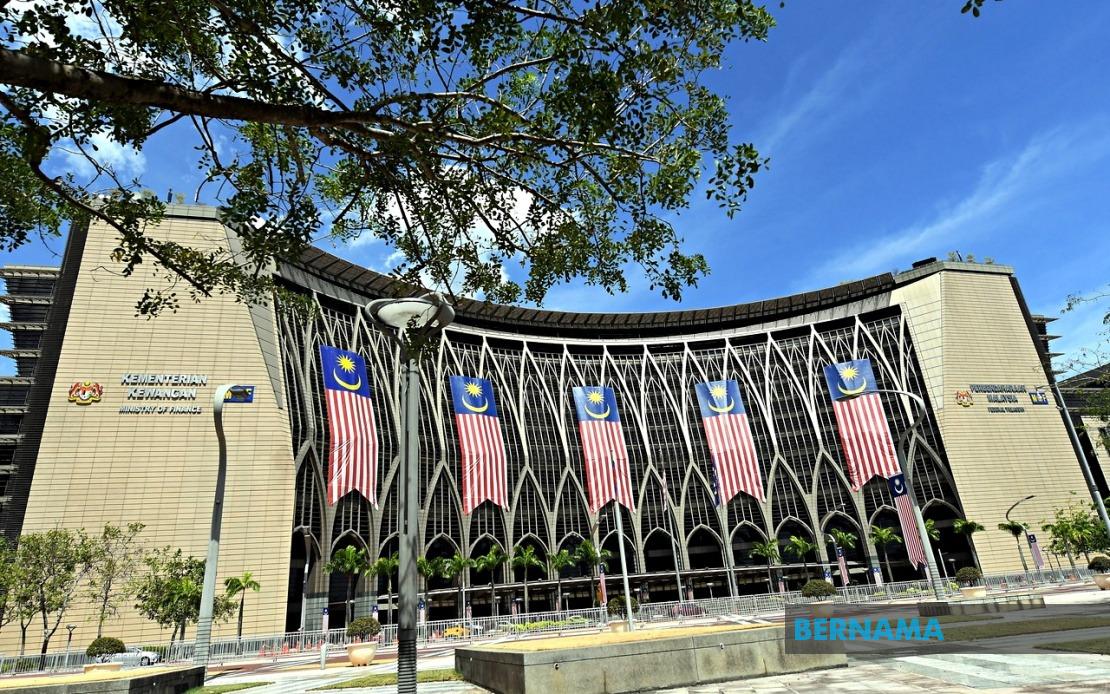
KUALA LUMPUR, Dec 16 -- Budget 2021 was formulated based on reports presented by relevant bodies whose data could be determined to be valid, the Ministry of Finance (MoF) said.
HIGHLIGHTS
Budget 2022 initiatives to drive Malaysia's EV sector ahead
Budget 2021: Allocation to ensure conducive learning environment - Radzi Jidin
Ku Li will not participate in Budget 2021 debate
Budget 2021: MoT to provide incentives to lighten people’s burden - Wee
RM200 mln plan to rehabilitate tourism in Budget 2021 - Nancy Shukri
EXCLUSIVE
Budget 2020 to fast track logistics industry growth - Industry players
Labuan Malay Chamber hails Budget 2020 as fiscal stimulus
Government urged to iron out issues pertaining to implementation of 90-day maternity leave
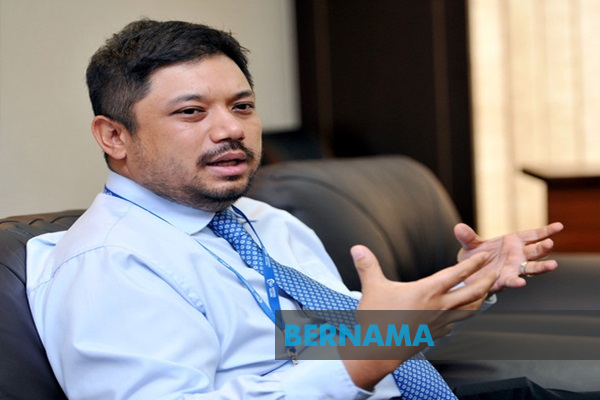
MANCHESTER, Oct 16 -- Industry players say the 2020 Budget tabled last Friday clearly reflects the government's commitment to developing the domestic logistics sector by addressing o...

Exclusive report by Jailani Hasan
LABUAN, Oct 16 --The Labuan Chamber of Malay Entrepreneurs ( DUML) has hailed the 2020 Budget presented by Finance Minister Lim Gu...

Exclusive report by Mohd Fharkhan Abdul Ghapar
KUALA LUMPUR, Oct 15 (Bernama) -- The government is advised to refine the implementation of the 90-day maternity ...
ECONOMIC REPORT
Budget 2021: MoT to provide incentives to lighten people’s burden - Wee
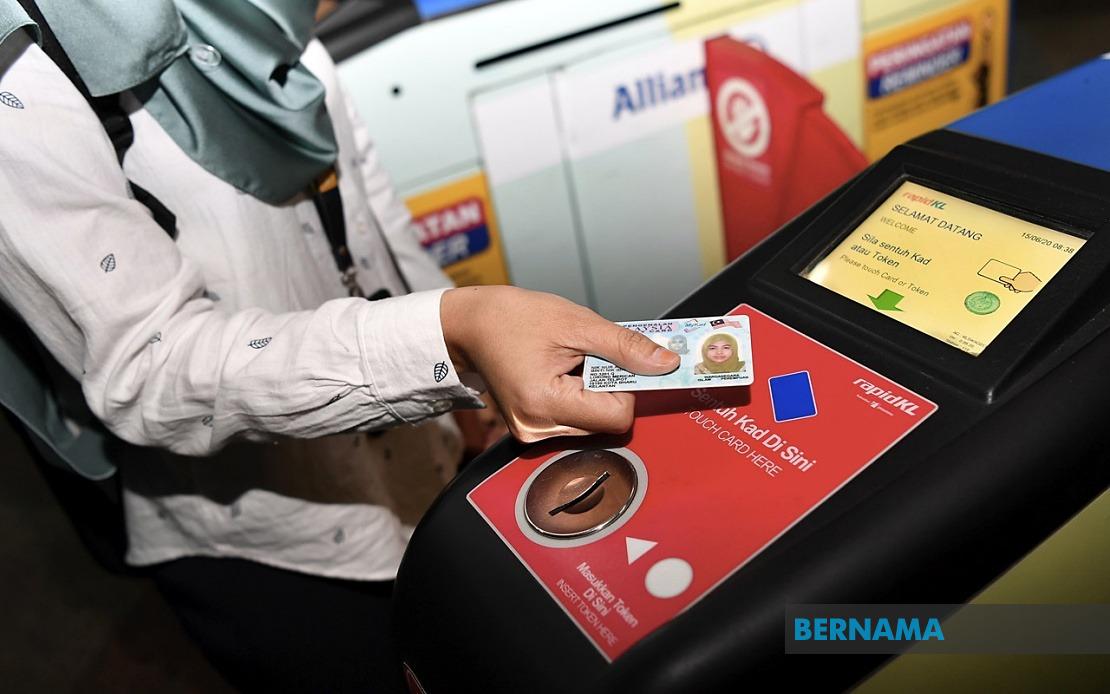
KUALA LUMPUR, Nov 19 -- The Ministry of Transport which receives RM6.05 billion allocation under Budget 2021, will be providing various incentives to benefit the people.
2021 Budget : MAFI, private sector must co-operate to optimise Budget 2021
KUALA LUMPUR, Nov 16 -- The Ministry of Agriculture and Food Industries (MAFI) and the private sector must escalate co-operation to optimise the allocation in the 2021 Budget to MAFI so that ...
Budget 2021 described as inclusive for all in tourism sector
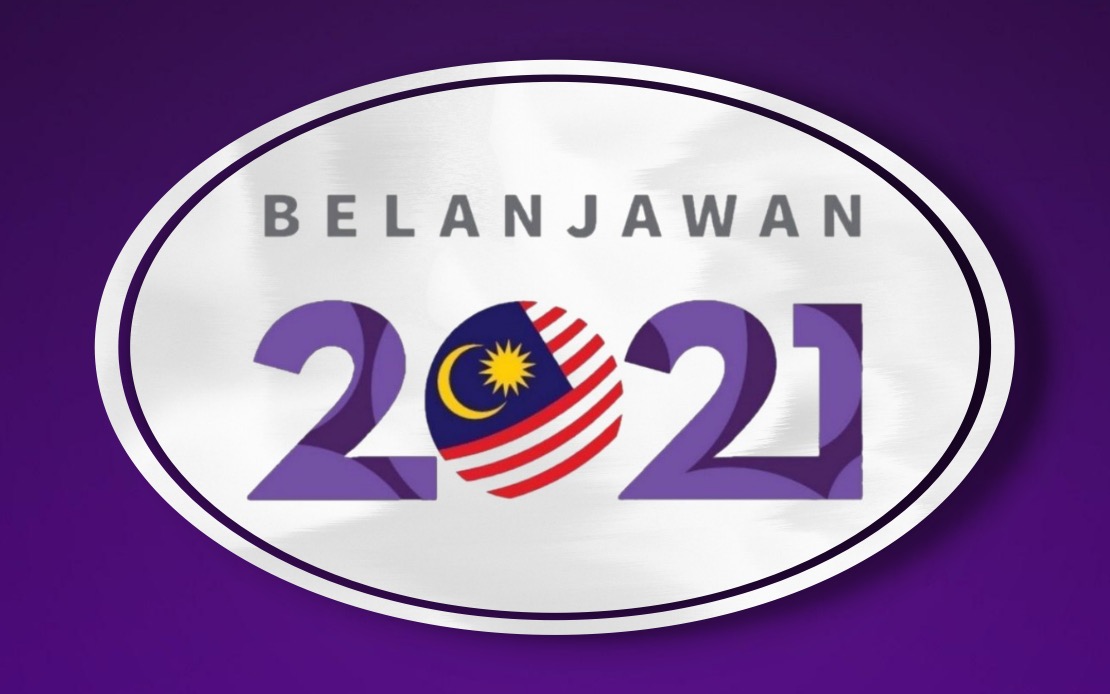
KUALA LUMPUR, Nov 9 -- The inclusive Budget 2021 touching on the involvement of various parties contributing to the economic chain related to the tourism sector is seen capable of revital...
BNC LIVE
BUDGET SPEECH

© 2025 BERNAMA. All Rights Reserved.
Disclaimer | Privacy Policy | Security Policy This material may not be published, broadcast,
rewritten or redistributed in any form except with the prior written permission of BERNAMA.
Best viewed in Firefox 58.0.1 (64-bit) & Chrome Version 63.0.3239.132 (Official Build) (64-bit) with 1920 x 1080 resolution